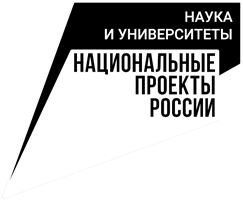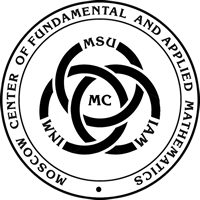The meeting of the seminar
«Supercomputer technologies
in science, education and industry»
| Chairman of the organizing committee | |
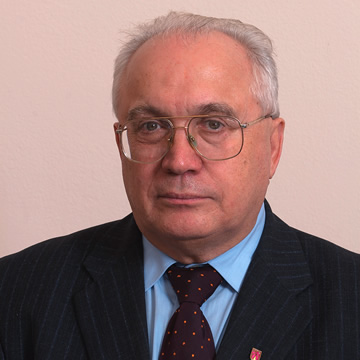 |
V.A. Sadovnichy academician, rector of Lomonosov Moscow State University |
Co-Chairs of the organizing committee |
|
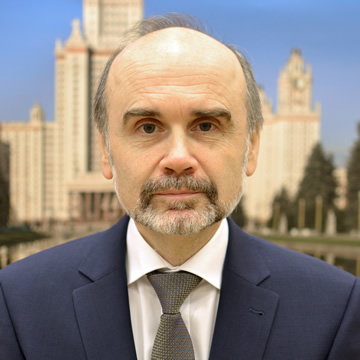 |
Vl.V. Voevodin Corr. RAS, Director of Research Computing Center of Moscow State University |
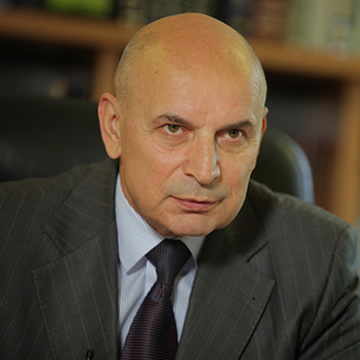 |
I.A. Sokolov academician, dean of the faculty of Computational Mathematics and Cybernetics of Lomonosov Moscow State University |
Scientific Secretary of the seminar |
|
| A.A. Khudoleeva Research Computing Center of Moscow State University |
|
The seminar was organized on the basis of the Scientific and Educational Center «Supercomputer Technologies». The reports cover all aspects of the use of supercomputers, parallel computing systems and distributed data processing methods for solving large computational problems. The seminar has a pronounced interdisciplinary nature, however, the various nuances of using supercomputer technologies are of interest to researchers from various fields.
The seminar is supported by the Moscow Center of Fundamental and Applied Mathematics.
PROGRAM
18:00 (GMT +3)
| A.V. Golovin Faculty of Bioengineering and Bioinformatics, Moscow State University |
|
| A.S. Zlobin Faculty of Bioengineering and Bioinformatics, Moscow State University |
|
| Yu.D. Belyaeva Faculty of Bioengineering and Bioinformatics, Moscow State University |
|
| V.D. Maslova Faculty of Bioengineering and Bioinformatics, Moscow State University |
Computational design of an enzyme in an antibody framework in a supercomputer environment
The goal of the project is to develop an antibody capable of hydrolyzing the RBD domain of the S-protein. Such a task will require significant computational resources to select candidate variants from machine learning-based design results. If the project is successful, the developed approach could be applied against new strains of the SARS-Cov-2 virus as well as against other dangerous viruses. We have identified locations in the RBD domain of the spike protein of the coronovirus where making a cut in the chains will result in a significant change in the structure of the RBD domain and thus can significantly reduce the affinity of the S-protein to the ACE-2 receptor. We use information on all known proteolytic active center architectures and all known antibody structures to design the abzyme. Mass scanning of variants by modern rapid reaction modeling techniques allowed us to rank the constructs and select several variants for experimental validation. The results of the present project will make a significant contribution to the development of the promising field of enzyme engineering and, if successfully implemented, will offer a catalytic antibody in demand for infection control.
The seminar will be held in the form of a webinar on the Zoom platform.
To participate in the webinar, we ask you to enter your data in the Yandex form:
https://forms.yandex.ru/u/645cb773eb61466acb04520e/
A link to the Zoom conference will subsequently be sent to your email address.
